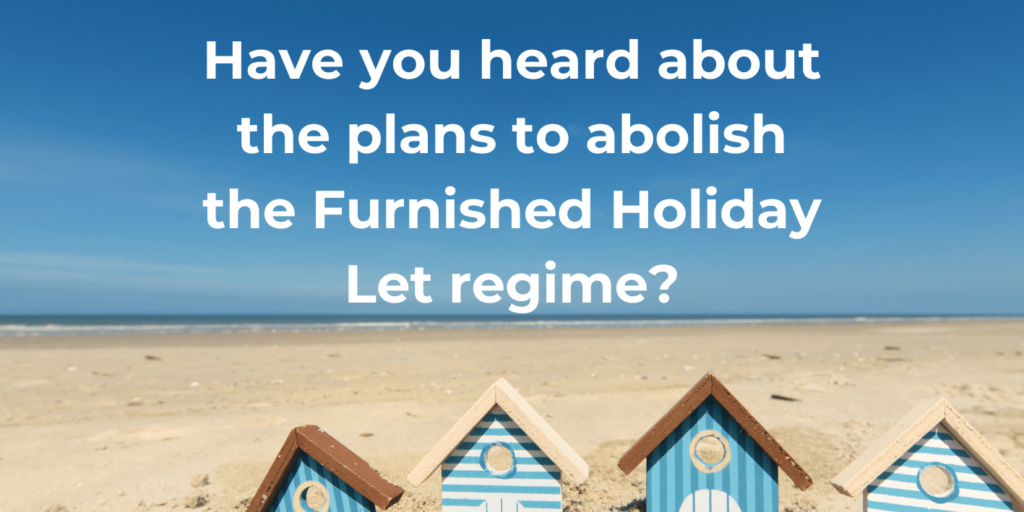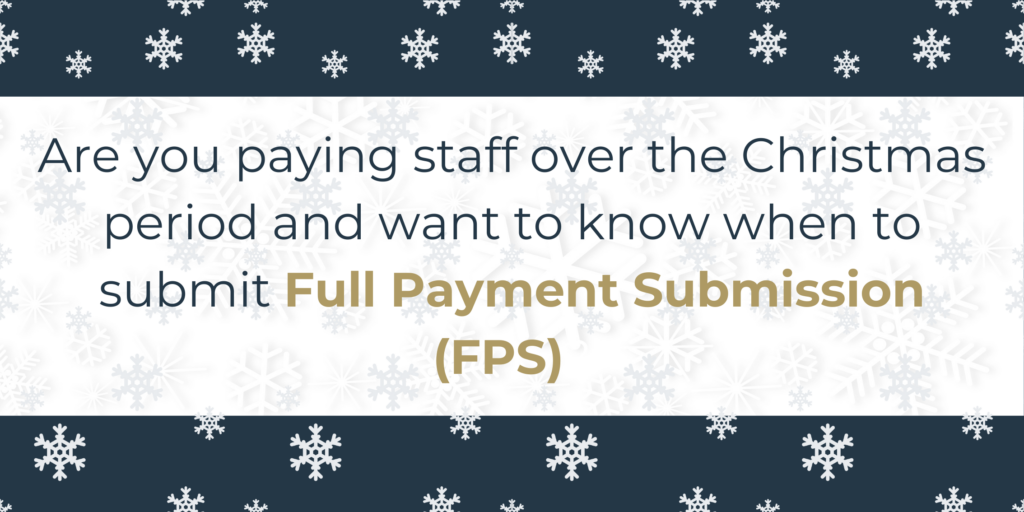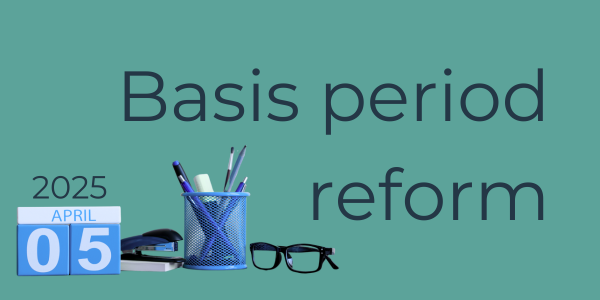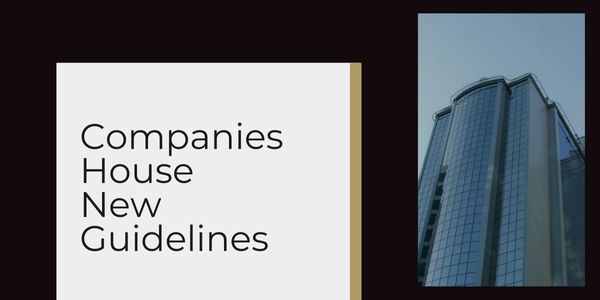Plans to abolish the Furnished Holiday Let regime.

Following the announcement in the Budget earlier this year, draft legislation has now been published on the plans to abolish the Furnished Holiday Let tax regime.
Who is likely to be affected?
Individuals, corporates, and trusts who operate or sell furnished holiday lettings (FHLs) accommodation.
General description of the measure
This measure removes the specific tax treatment and separate reporting requirements for FHLs.
Income and gains from a furnished holiday let (FHL) will then:
- form part of the person’s UK or overseas property business
- be treated in line with all other property income and gains.
Background to the measure
The current rules provide beneficial tax treatment for furnished holiday lettings compared to other property businesses in broadly four key areas:
- exemption from finance cost restriction rules (which restrict loan interest to the basic rate of Income Tax for other landlords)
- more beneficial capital allowances rules
- access to reliefs from taxes on chargeable gains for trading business assets.
- inclusion as relevant UK earnings when calculating maximum pension relief.
To qualify as a furnished holiday let, properties:
- must be available for short-term letting to the public for 210 days and actually let for 105 days or more in each tax year.
- should not be used as a long-term let of over 31 days for significant periods
Operative date
The measure will have effect:
- on or after 6 April 2025 for Income Tax and for Capital Gains Tax
- from 1 April 2025 for Corporation Tax and for Corporation Tax on chargeable gains
Proposed revisions
This change will remove the tax advantages that current furnished holiday let landlords have received over other property businesses by:
- applying the finance cost restriction rules so that loan interest will be restricted to basic rate for Income Tax
- removing capital allowances rules for new expenditure and allowing replacement of domestic items relief
- withdrawing access to reliefs from taxes on chargeable gains for trading business assets
- no longer including this income within relevant UK earnings when calculating maximum pension relief.
Former furnished holiday let properties will then form part of the person’s UK or overseas property business and be subject to the same rules as non-furnished holiday let property businesses.
Transitional rules
The following specific transitional rules will apply:
- where an existing FHL business has an ongoing capital allowances pool of expenditure, they can continue to claim writing-down allowances on that pool — any new expenditure incurred on or after the operative date must be considered under the property business rules.
- after the changes, former FHL properties will be part of the person’s UK or overseas property business as appropriate — that property business will then include the amalgamated profits and losses of all the properties in that business.
- losses generated from the FHL business will be permitted to be carried forward and be available for set off against future years’ profits of either the UK or overseas property business as appropriate.
- under current rules FHL properties are eligible for roll-over relief, business asset disposal relief, gift relief, relief for loans to traders, and exemptions for disposals by companies with substantial shareholdings — after the changes eligibility for the reliefs will cease.
- in relation to business asset disposal relief, where the FHL conditions are satisfied in relation to a business that ceased prior to the commencement date, relief may continue to apply to a disposal that occurs within the normal 3-year period following cessation.








